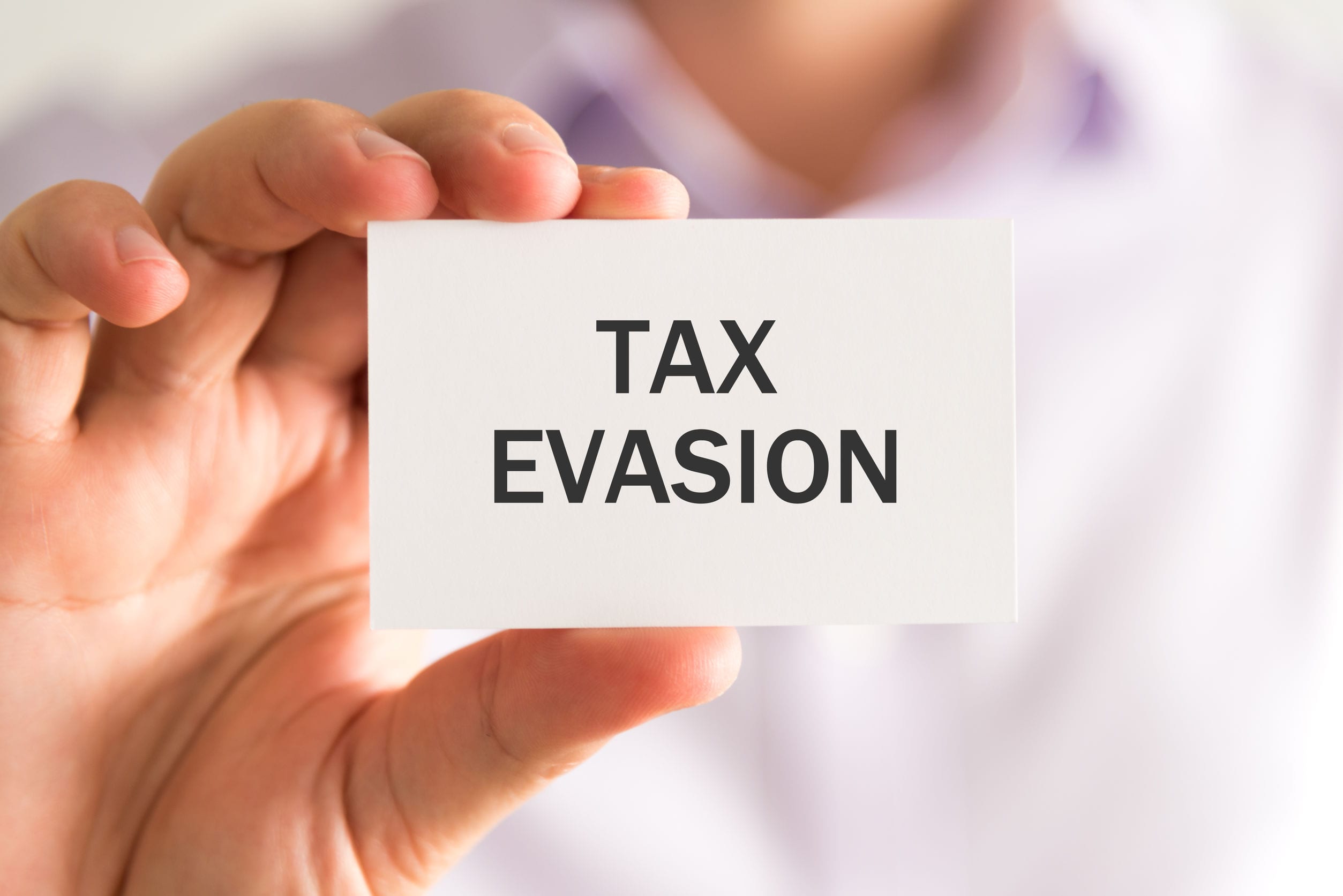- Home
- THE FIRM+
- Criminal Defense+
- CASE RESULTS
- AREAS WE SERVE+
- FAQ’s
- Blog
- Contact
AZHARI LLC BLOG

Posted By: Sami Azhari
Category:
Tax evasion is often associated with shady businesses, practices or individuals, and rightfully so. You’ve heard the phrase quite a bit recently: “No one is above the law.” That includes prominent figures in society and their responsibility for following the laws surrounding tax evasion.
It also includes former Illinois state senator, Martin Sandoval, who pled guilty to accepting more than $250,000 dollars in bribes from the red-light camera company SafeSpeed.
The former official deliberately under-reported his income and, thus, was found to have committed an act of tax evasion. Sandoval now faces a sentence ranging from 10-13 years in prison in addition to paying a fine of more than $85,000 to the IRS.
Those are pretty hefty consequences. You may be asking yourself, then, “What happens when the average joe evades his taxes?” Further, what if it wasn’t intentional? There’s a fine line between innocent errors and criminal activity on paper, and you certainly don’t want to cross it!
What Is Considered Tax Evasion?
It is easy to categorize tax evaders as unjust people. In the case of the state senator, he willfully committed a wrongful act and was indeed unjust. However, it is not unheard of for a person to commit tax fraud on accident.
Tax evasion is the intentional and willful act of lying or fabricating information on a tax return. Common acts of tax evasion are:
- Claiming deductions that you are not entitled to
- Not reporting income or under-reporting income in order to pocket more money
- Claiming expenses as a business when they are personal
- Concealing any assets
- Filing false returns
- Not filing a return
Although tax evasion generally must be an intentional act, the willful or accidental omission may land an individual in hot water as well.
What are the Penalties of Tax Evasion?
Tax evasion can carry pretty significant penalties with huge fines. Depending on the nature of the tax evasion the penalty may vary. These penalties are as follows:
- Attempting to evade or defeat paying taxes: If an individual is convicted of this, they could face up to 5 years imprisonment, $250,000 dollars in fines for individuals and $500,000 for corporations. They can be liable for a combination of both penalties plus the cost of prosecution.
- False and Fraudulent Statements: If an individual is convicted of this, they could face up to 3 years imprisonment, $250,000 dollars in fines for individuals and $500,000 for corporations. They can be liable for a combination of both penalties plus the cost of prosecution.
- Failure to comply at the time or times required by law: If an individual is convicted of this, they could face up to one year of imprisonment, $100,000 dollars in fines for individuals and $200,000 for corporations. They can be liable for a combination of both penalties plus the cost of prosecution.
The penalties for tax evasion are quite severe and individuals charged with tax evasion crimes could be facing long prison sentences and hefty fines.
Luckily, in part due to proper legal representation, very few individuals charged with tax evasion are actually sentenced to prison. The IRS tends to pursue jail time for more exceptional cases rather than run of the mill occurrences.
Individuals should seek to cooperate with the law where possible and refrain from things such as delay tactics or false statements. This will help with avoiding a jail sentence.
Tax evasion is a serious charge and can happen to anyone. Due to the harsh penalties and hefty fines, individuals should take steps to protect themselves if they are charged with tax fraud.
About the Author
Sami Azhari has been working as a lawyer since 2007, after receiving his Juris Doctor from the Michigan State University College of Law. He has handled numerous state and federal cases and is known throughout the Chicago and Rolling Meadows area for providing his clients with high-quality, skilled representation. He has been recognized by SuperLawyers, the National Trial Lawyers Association, and other notable organizations, and has spoken at a number of legal conferences.


























































